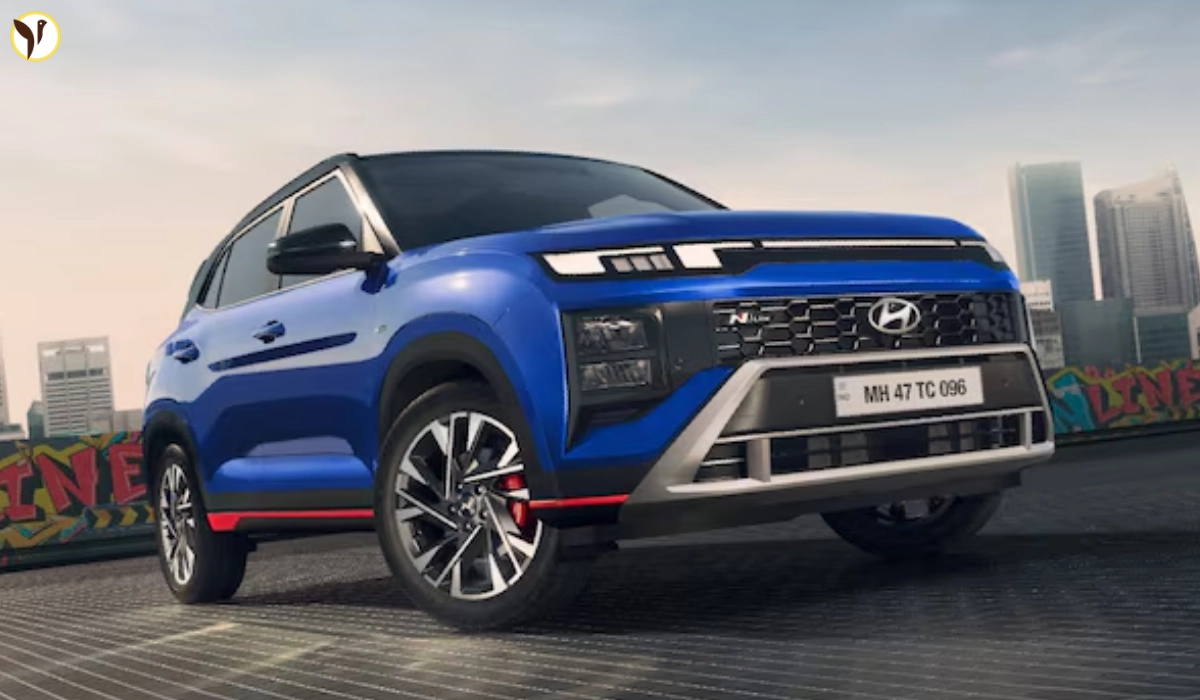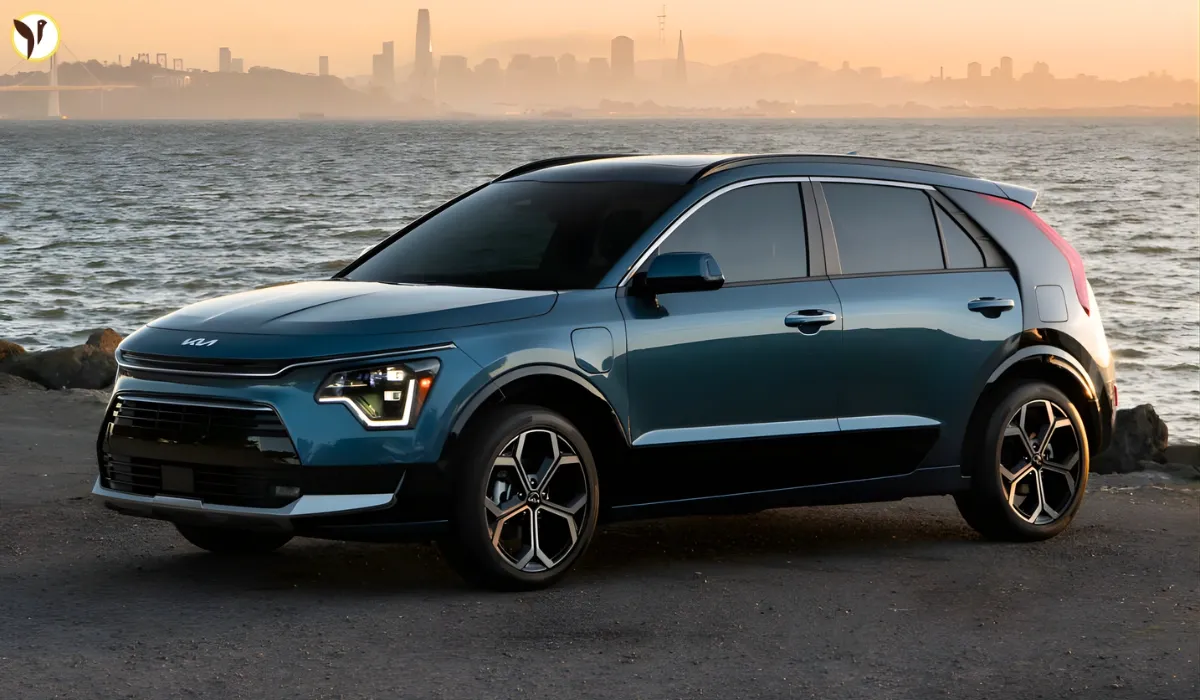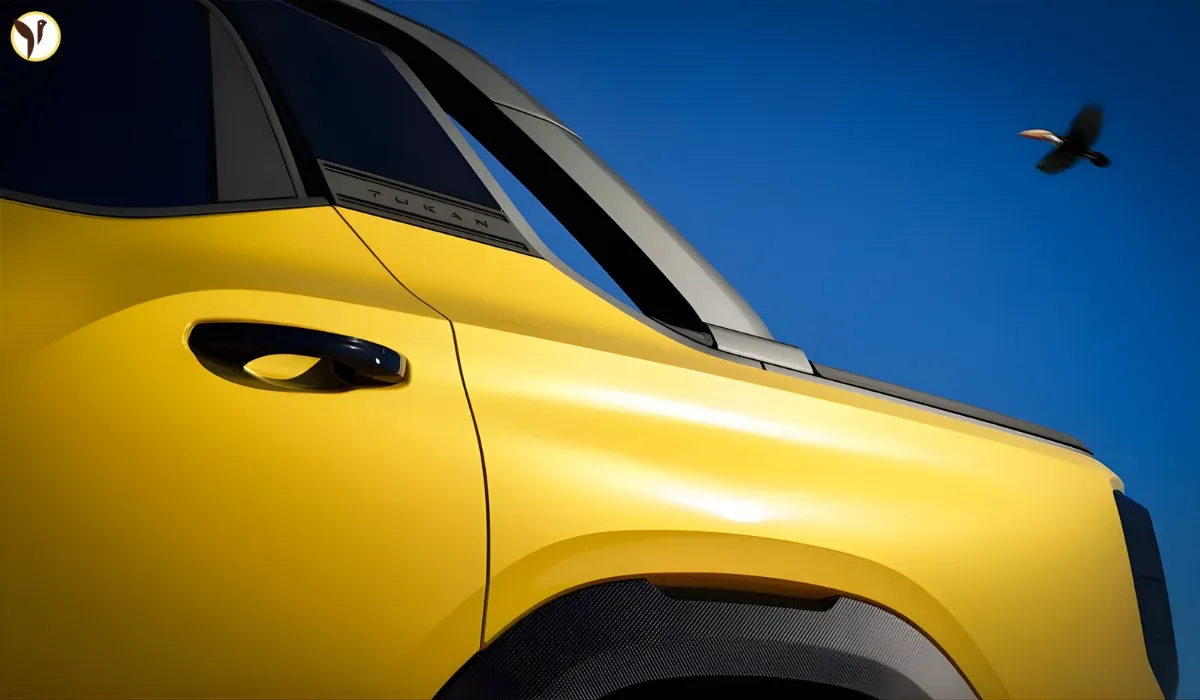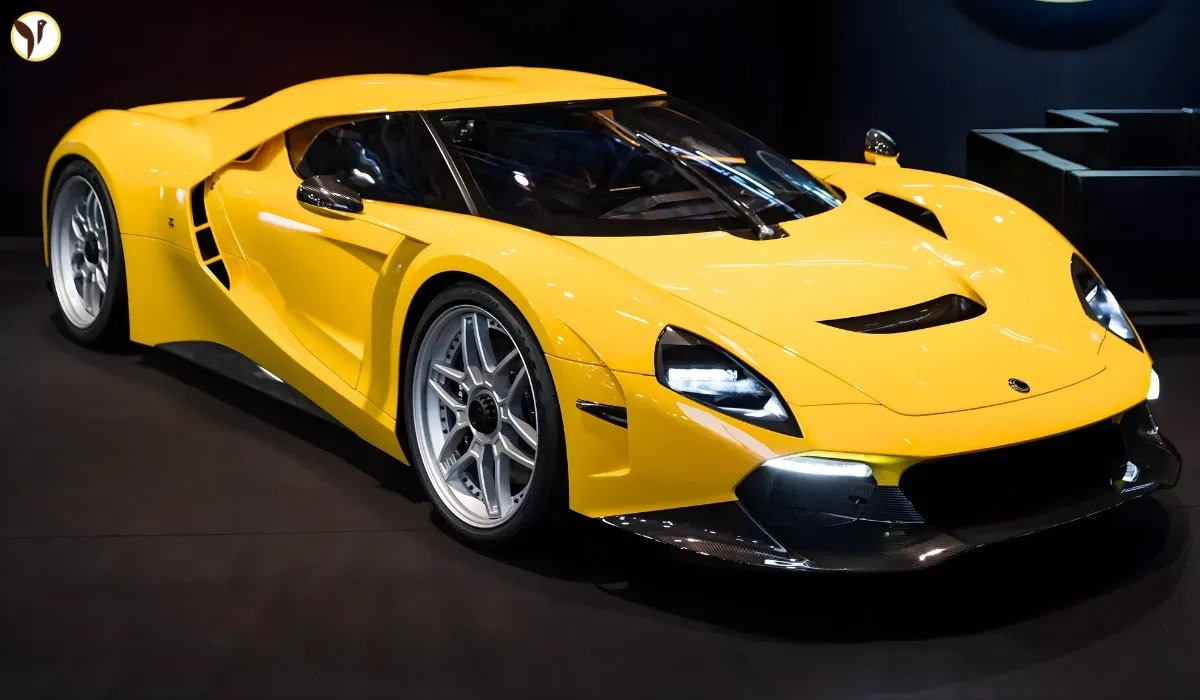Hyundai Motor India had a busy September 2025, with sales numbers showing a strong mix of growth, exports, and festive demand. The company sold 51,547 passenger vehicles in the domestic market and shipped another 18,800 units overseas, taking its total monthly sales to 70,347 units. This marks a 10 percent increase compared to the same month last year.
The rise in numbers comes at a time when the Indian car market is becoming more competitive than ever. With companies like Tata Motors and Mahindra gaining ground, Hyundai’s performance highlights both opportunities and challenges in India’s auto industry.
SUVs Dominate Hyundai’s Sales Chart
One of the most striking shifts in Hyundai’s September performance was the role of SUVs. For the first time, SUVs made up 72.4 percent of Hyundai’s total domestic sales, showing just how popular this category has become among Indian buyers.
-
The Hyundai Creta was the star of the show, recording its best-ever monthly sales of 18,861 units.
-
The Hyundai Venue, a compact SUV known for its city-friendly design, also performed strongly with 11,484 units sold, its highest tally in nearly 20 months.
-
The Alcazar, Hyundai’s three-row SUV, contributed over 3,500 units, making it a solid choice for larger families.
This shift suggests that hatchbacks and sedans, once Hyundai’s stronghold, are losing ground as more buyers choose bigger and feature-rich SUVs.
Exports Reach a Three-Year High
While the domestic market showed steady growth, Hyundai’s export numbers stood out. With 18,800 units exported, the company achieved its highest overseas shipments in almost three years.
These exports were mainly driven by demand from regions like Latin America, Africa, and Europe, where Hyundai cars have gained a reputation for reliability and value. For Hyundai India, exports act as a cushion, balancing risks when domestic competition heats up.
Hyundai September 2025 Model-Wise Sales Table
|
|
|
|
|
|
|
|
|
|
|
|
|
|
|
|
|
|
|
|
|
|
|
|
|
|
|
|
|
|
|
|
|
|
|
|
|
|
|
|
|
|
|
|
|
|
|
|
|
|
|
|
|
|
|
|
GST 2.0 and Festive Season Drive Sales
Another big factor behind Hyundai’s September success was the impact of the government’s GST 2.0 reforms, which lowered the tax burden on several car models. For buyers, this translated into price cuts of up to ₹2.40 lakh, making cars more affordable right before the festive season.
The timing was perfect. With Navratri bookings and Diwali shopping on the horizon, demand for new cars picked up sharply. Many buyers who had been waiting for better deals jumped in, especially for SUVs like Creta and Venue.
Dealers also reported higher footfalls at showrooms, boosted not just by discounts but also by Hyundai’s marketing push and new features across its lineup.
Competitive Market Keeps Pressure On
Even with these positive results, Hyundai slipped to fourth place in India’s passenger vehicle market rankings for September. It was overtaken by Tata Motors and Mahindra, both of which recorded record-breaking SUV sales of their own.
-
Tata Motors continues to ride high on the success of the Nexon, Harrier, and EV models.
-
Mahindra is seeing big demand for its rugged SUVs like the Scorpio-N, XUV700, and Thar.
This shows just how crowded the SUV space has become. While Hyundai is still a major player, it will need to strengthen its hatchback and entry-level models to compete across all price brackets.
Future Plans: EVs and Premium Cars in Focus
Looking ahead, Hyundai is betting on two areas to secure its future in India: electric vehicles (EVs) and premium models. Cars like the Ioniq 5 and Kona EV are slowly building presence in urban markets, though their volumes are still small compared to traditional cars.
The Tucson, a premium SUV, is also part of Hyundai’s long-term strategy to attract buyers willing to spend more on advanced features and global styling. While these models may not bring huge numbers right away, they signal Hyundai’s commitment to keeping up with new trends in mobility.
Conclusion
Hyundai’s September 2025 performance shows a company in transition. SUVs have become its backbone, exports are providing steady growth, and government reforms are helping make cars more affordable. At the same time, competition is fierce, with Tata and Mahindra proving tough rivals.









